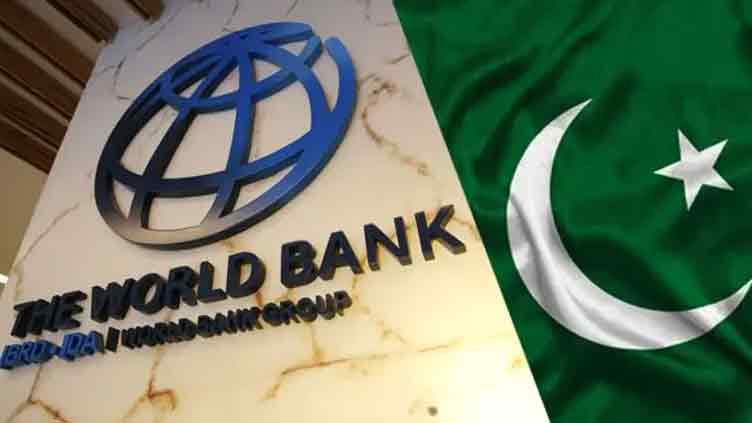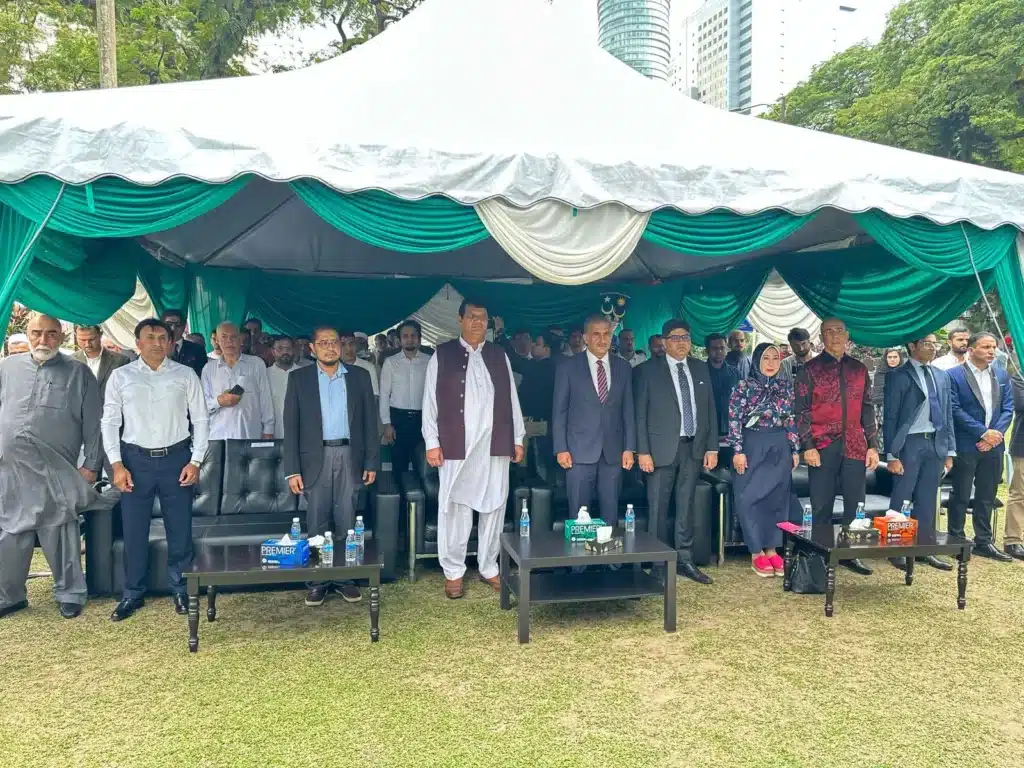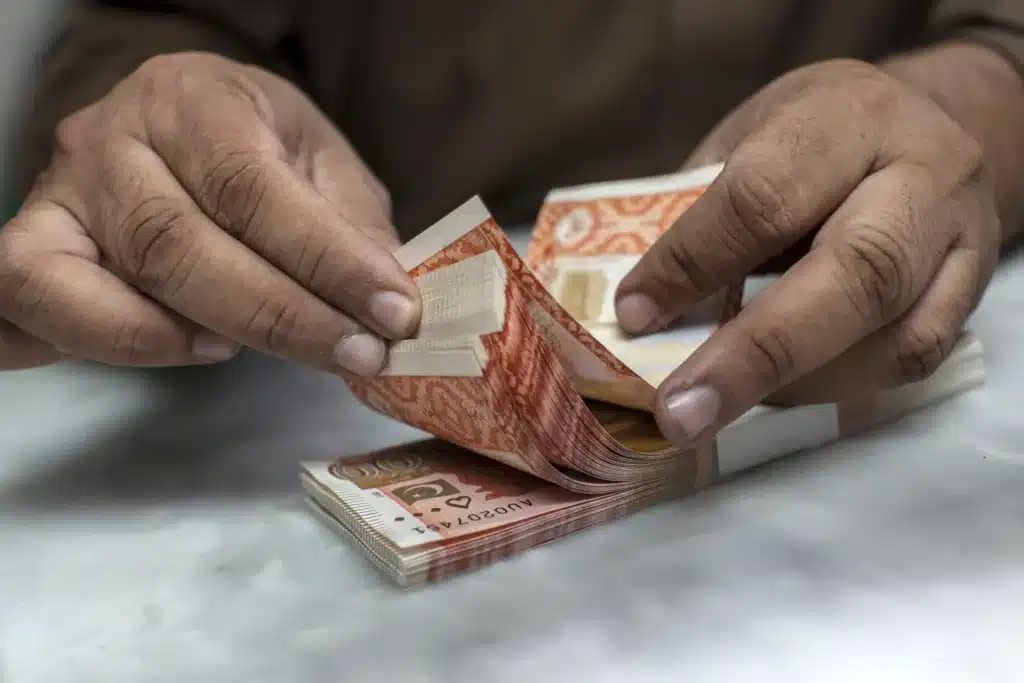ISLAMABAD: The World Bank has approved $102 million for the Resilient and Accessible Microfinance (RAM) Project. This initiative aims to expand microcredit access and strengthen the microfinance sector. It also helps borrowers, especially in rural areas, cope with climate-related shocks.
The project will benefit around 1.89 million people, including over 1 million women and 350,000 youth. A press release from the World Bank highlighted its focus on low-income and vulnerable communities.
“Microfinance supports the livelihoods of Pakistan’s vulnerable populations,” said Najy Benhassine, World Bank Country Director. “This project will strengthen the sector against climate risks and ensure financial services reach those in need, especially in rural areas.”
He added that the initiative aligns with the World Bank’s 10-year Country Partnership Framework for financial inclusion and climate resilience.
The RAM Project will provide financial resources to microfinance institutions. These funds will help them continue services during climate-related financial stress. The project will also offer recovery loans to individuals and small businesses, helping them regain stability.
“The project builds on lessons from the 2022 floods,” said Namoos Zaheer, the project’s Task Team Leader. “It will empower women, small farmers, and rural families who face climate shocks.”
The Ministry of Finance and the State Bank of Pakistan will implement the project. It marks the first in a series of efforts to support the microfinance sector. Future phases will involve partnerships with other international financial institutions.
Also Read: IMF demands end to EV and solar tax concessions
Key features of the project include a Climate Risk Fund, agrotechnology solutions, and capacity-building programs for microfinance institutions. It will also develop risk management frameworks to enhance resilience.
The project receives co-financing from the Global Shield Financing Facility (GSFF) with a $23 million grant. The GSFF is a multi-donor trust fund backed by Canada, Germany, Japan, Luxembourg, and the UK.





